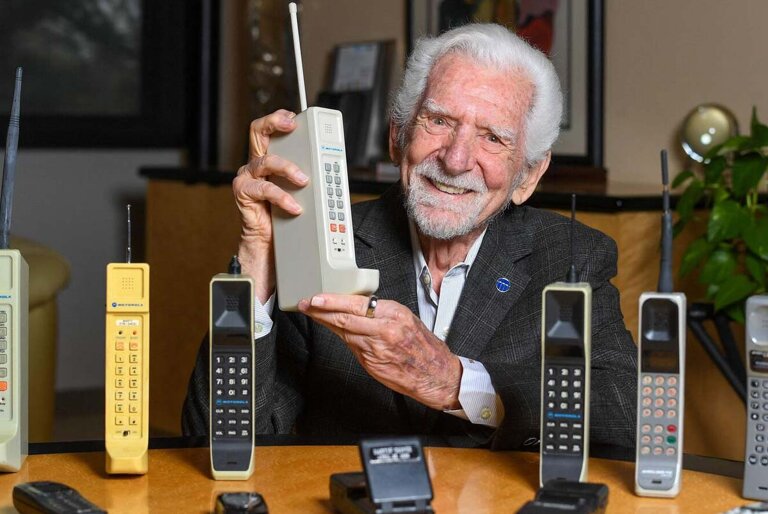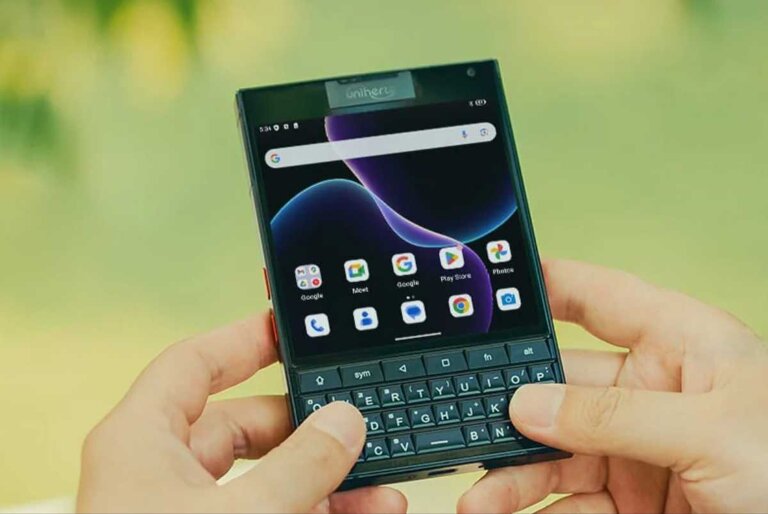“Take your eyes off your mobile phone.” This was the advice given by the man who invented the cell phone 50 years ago.
Martin Cooper, the American engineer who made the first cell phone call in 1973, commented on how we can be a little obsessed with our smartphones and miss out on the real world.
“I am devastated when I see somebody crossing the street and looking at their cell phone. They are out of their minds,” the 94-year-old told the AFP News Agency in an interview. “But after a few people get run over by cars, they’ll figure it out,” he joked.
While mentioned in jest, what Cooper said is rooted in truth. Accidents related to phone use have gone up and rising. For instance, in the 2015 report by the National Statistics Office (NSO), mobile phone use while driving has been one of the top causes of traffic accidents in the Philippines. The report also said there was a total of 1,290 incidents of cell phone use while driving from 2010 to 2012.
However, Cooper told AFP that “we’re at the mindless staring phase with our phones”, and said it won’t last.
He believes that mobile phones have immense potential to improve lives and solve problems, especially in developing countries where devices can provide access to education, health care, and banking.
See also: Nomophobia, or No Mobile Phone Phobia, is real
“Each generation is going to be smarter… They will learn how to use the cell phone more effectively,” he said. “Humans sooner or later figure it out.”
The Age of the Smartphone
On April 3, 1973, Martin Cooper, then a Motorola engineer, made the first mobile call from a portable cell phone in New York City. Of all people, he called Joel Engel, his rival at AT&T Bell Labs who was also working on a rival project.
“Joel, this is Marty Cooper. I’m talking to you on a handheld cell phone, but a real cell phone, personal, portable, handheld,” he said. He admits he was not very gracious to Engel, who did not remember the call.
The mobile phone has come a long way since then. Cooper’s first cell phone was the Motorola DynaTAC 8000X, which cost a hefty $3,995 and was the size of a brick at 9 inches long and 2.5 pounds. It could talk for up to 30 minutes on a single charge, while a charge took 10 hours. It took another 10 years before the DynaTAC became commercially available in 1983.
Today, there are now over 5 billion mobile phone users worldwide. The modern smartphone has evolved into more than just a device for voice calls. It is now a personal computer, a camera, a music player, a GPS device, a game console, a wallet, and an internet gateway.
Cooper was not surprised that everyone has a cell phone today. “We used to tell the story then, that someday when you’re born you would be assigned a phone number. If you didn’t answer the phone, you would die,” he said.
There’s no denying that the mobile phone is one of the most impactful inventions of all time. It has changed how we live. However, its emergence also spawned negative behaviors as well, such as obsession and addiction.
But Cooper remains optimistic about the future. He believes the cell phone can revolutionize education, and revolutionize healthcare, and said that it will allow people to “conquer disease” in a generation or two.
See also: How the mobile phone changed the world: Celebrating 50 years of wireless communication
”I know there are disadvantages to the cell phone. We do have people that get addicted to it. We have people walking across the street talking on their cell phones. Overall, I think the cell phone has changed humanity for the better and that will continue in the future”, Cooper told CNN.
Source: 1, 2, 3
Image: Valerie Macon (AFP)








